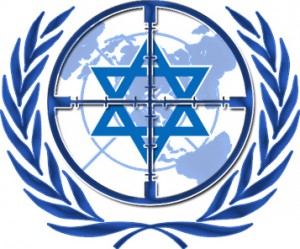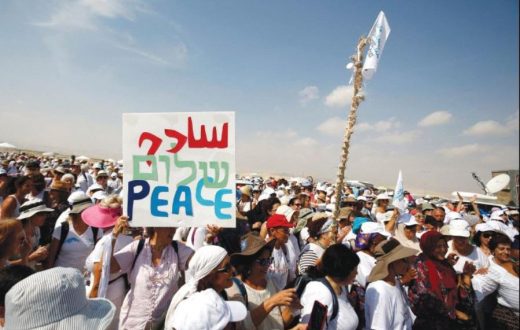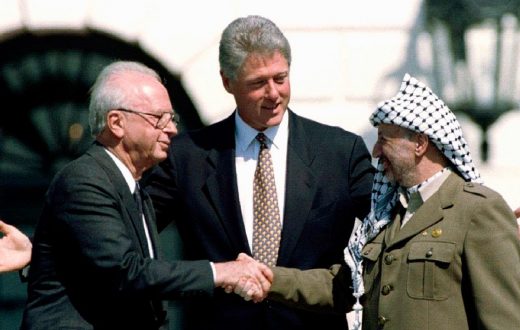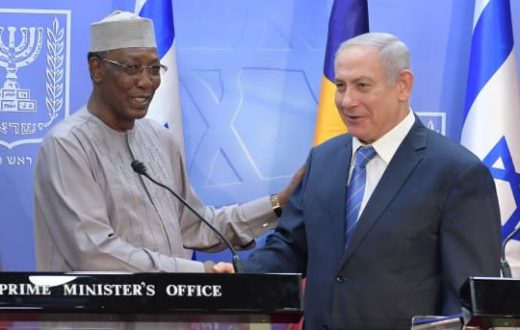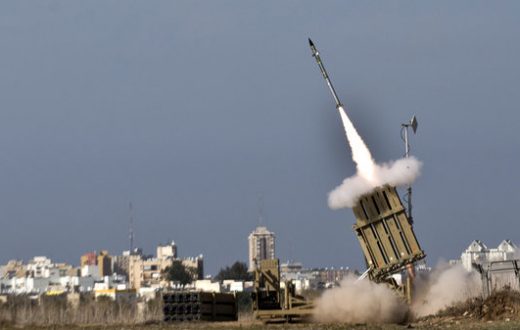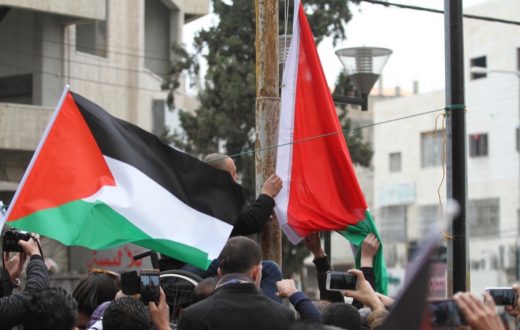The Arab spring that spread throughout the last years in Tunisia, Libya, Egypt and Syria didn’t seem to effectively reach the Gaza Strip and the West Bank. In fact, the Palestinian territories remained shielded for the most part from the Arab Revolutions.
The Arab Spring model didn’t permit Palestinians to overcome their political divisions between the two corrupt leaderships – Fatah and Hamas. The divisions between the two main Palestinian movement started 8 years ago in June 2007, when Hamas won the elections and took control of the Gaza Strip by arms force. Since then Palestinians Territories are divided into two territorial entities ,one controlled by Hamas and funded by Qatar, the other one controlled by Fatah and funded by the European Union and US. An Arab Spring in Palestine could have helped to bring down the existing regime and with it the high degree of corruption.
Indeed, despite the changing political landscapes in the Arab World and the subsequent Revolution in neighboring countries such as Egypt, the Palestinians stayed mostly out of this popular movement. The small outburst of popular protests that broke out in subsequent years such as the April 29 protest in 2015, have been futile a well. These outbursts are happening once again today in Palestinian Territories , but this time, instead of being directed toward Fatah or Hamas , they are directed directly toward Israeli Troops, occupying the West Bank.
These clashed have been conveyed mostly by social media sites. Facebook, for instance has been at the heart of these clashes, permitting the Palestinian people to express their anger and despair. Social media has served as a platform for the young citizens to criticize and express their discontent toward the major parties that are Fatah and Hamas, which are no longer sacred in the eyes of the 1990s generation, considered the main force behind the recent uprising. Today ,this new generation is rising against the Israeli forces on its own, without orders from any political party or any leader. This new age revolution by which political leaders are not the main drivers of protest are very much akin to the Arab Spring revolutions of Tunisia and Egypt. However it would be wrong to say that the current uprising is being led through social media.
Social networking sites such as Facebook or Twitter are actually the main means of mobilizing and inspiring action amongst the youth , as most events are prepared and called upon through social media outlets on the internet rather than through traditional political parties. The absence of any leadership in charge, whether it is on the field or through social media clearly shows that the political parties don’t have any actual control on the new events and clearly don’t have any ability to stimulate them. There are, in fact, clear similarities between the Palestinian uprisings and the Arab Spring in terms of utilizing social media to collect support, and the absence of a leader.
However there is a major difference that needs to be pointed out. The Arab Spring Revolutions were against the different Arab regimes and their internal despotic structures , while the Palestinian uprising is against an occupation force. The fact that the Palestinians are rebelling against a well-structured foreign military force, makes the task more difficult , because the soldiers composing the Israeli Army , unlike the Egyptian or Tunisian Army, have no connection whatsoever to the Palestinian population and cannot be influenced as the Egyptian soldiers were.
This makes it more difficult for the Palestinians, especially given the harsh punishment measures set by the Israel forces such as preventive arrests, or house demolition. Social media and free communication on the internet at large has raised a new sense of awareness among young people, pushing them to adopt a new rhetoric of patriotism , not connected to any faction or partisan affiliations. In an Oct. 19 post on his now-deleted Facebook account, Ahmed al-Herbawi, 19, who died on the eastern border of the Gaza Strip after taking a bullet in the chest, wrote, “I do not stand with the Ramallah authority, nor with Hamas, the party of hypocrisy, injustice and lies.” The fact that no Palestinian Political Parties have officially claimed the leadership of the current uprising is a clear proof that young Palestinians are its lifeblood. This young generation is actually generating quietly but surely a local Arab Spring , making it work in Palestine , whether in the field or online. Israeli Prime Minister Benjamin Netanyahu has repeatedly strongly condemned the social networks such as Facebook , for instigating and igniting escalation in Jerusalem and the West Bank.
He even declared recently in one of his speeches “ The main battle should be focused against the instigating social media networks”. The success of this silent revolution might reside in the ambiguous aspect and the secret identity of the people behind it,which makes it very popular among the young Palestinians , and causes much worry for the Palestinian Authority Security Services that seems to have no control on the situation. Young Palestinians are the clear leaders of this spontaneous outburst of protests, and are for the first time in Palestinian history, working under the banner of one national flag rather than the banner of one party. 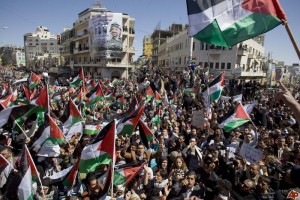
Young Palestinians have gone beyond the different factions ,acting on their own without any directives , as the Palestinian factions have proved in the past years unable to bring any positive changes for the population. Bahaa Alian, 22, who died attacking Israelis on a Jerusalem bus on Oct. 13, was a living example of the will of the young people to distance themselves from the banners of the political parties. “I ask the different factions not to embrace and adopt my martyrdom, as I died for the sake of my homeland, not yours,” he said 10 months before he carried out his attack. A statistical study published Nov. 9 by the Jerusalem Center for Israeli and Palestinian Affairs Studies showed that among the overall attacks carried out by Palestinians since the beginning of October, lone operations amount to 60%, 22% had organizational connections and 18% were affiliated with groups — which does not mean that the organizations or groups claimed the attacks, clarified the study. A Jerusalem teenager declared to a local Newspaper that “despair is the main thing pushing young Palestinians to rise up.
“We are the generation of disappointments and losses. We have lived through the recent wars, blockade, infighting, the failed Palestinian reconciliation and peace process, and the false promises to open crossings and improve the situation,” The tensions in the West Bank and Jerusalem are reaching a peak , but Palestinians seem reluctant to call this Revolution the “Palestinian Arab Spring” because the Arab Spring revolutions brought nothing but disasters to the Arab World (Libya and Syria are now in the midst of a Civil War , while Tunisia and Egypt are now struggling with Salafis/Jihadi groups). That is one of the reasons most of the young Palestinians prefer to give it another name , a more positive name.


